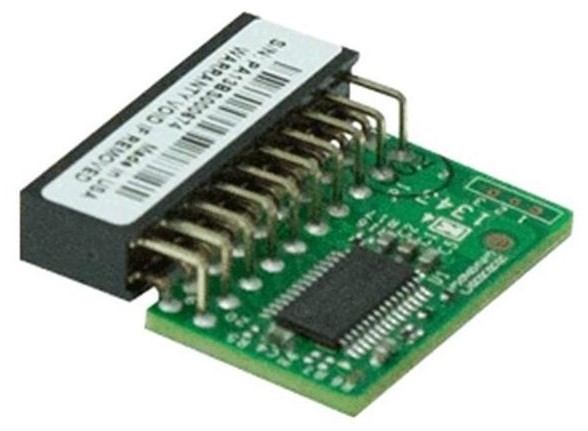When it comes to online technology, your privacy and security are constantly at risk. Whether it is hackers trying to crack your password and steal your data, malicious software that being installed on your system, or and industrial computer in a public place, we are vulnerable to attack. So, what can be done to add more security with these systems? Enter TPM.
What is TPM?
TPM (Trusted Platform Module) is a microchip that is often built into a computer to provide hardware-based security. This chip can be added on when ordering a motherboard or installed afterwards if the motherboard supports it. Settings for the TPM chip can be found in the BIOS.
What does TPM do?
Did you know that some of the data we transmit throughout the day is sent unencrypted? TPM chips use a mixture of software and hardware to protect any important passwords or encryption keys. Additionally, if your system has been infected by a virus or malware the TPM chip can start up in a quarantine mode to help fix the problem.
TPM chips can also provide much safer method of storage for encryption keys, certificates and passwords than storing them inside software on the hard drive. TPM chips work best when paired with other security measures like firewalls and anti-virus protections.
Who is TPM for?
Anyone can enjoy the peace of mind that TPM will provide, but companies looking to increase their security standards will see the most benefit.

